2025
- Lance Hampton, M.D. (faculty)
- Riel Smith-Harrison, M.D. (faculty)
- Tiffany Wong, M.D. (resident)
2019
- Tony Herndon M.D. (faculty)
- Rebecca Zee, M.D., Ph.D. (faculty)
- Natalie Swavely, M.D. (resident)
2018
- Riccardo Autorino, M.D., Ph.D. (faculty)
- Andrew Tracey, M.D. (resident)
2017
- Tony Herndon, M.D. (faculty)
- Andrea Balthazar, M.D. (resident)
2016
- Tyler Roseman, M.D. (faculty)
- Sarah Krzastek, M.D. (resident)
2015
- Lance Hampton, M.D. (faculty)
- MaryEllen Dolat, M.D. (resident)
- Collier Pace, M.D. (resident)
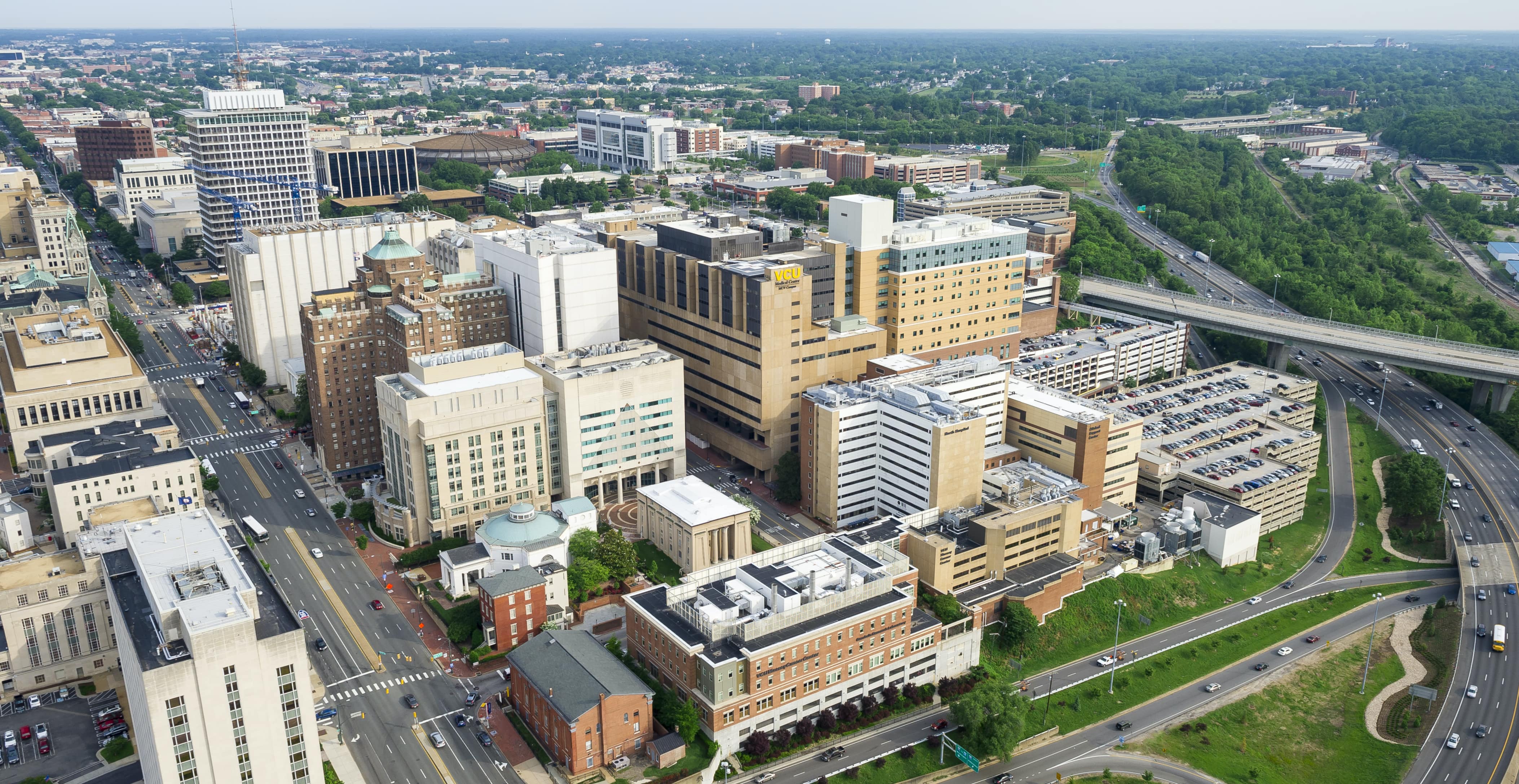
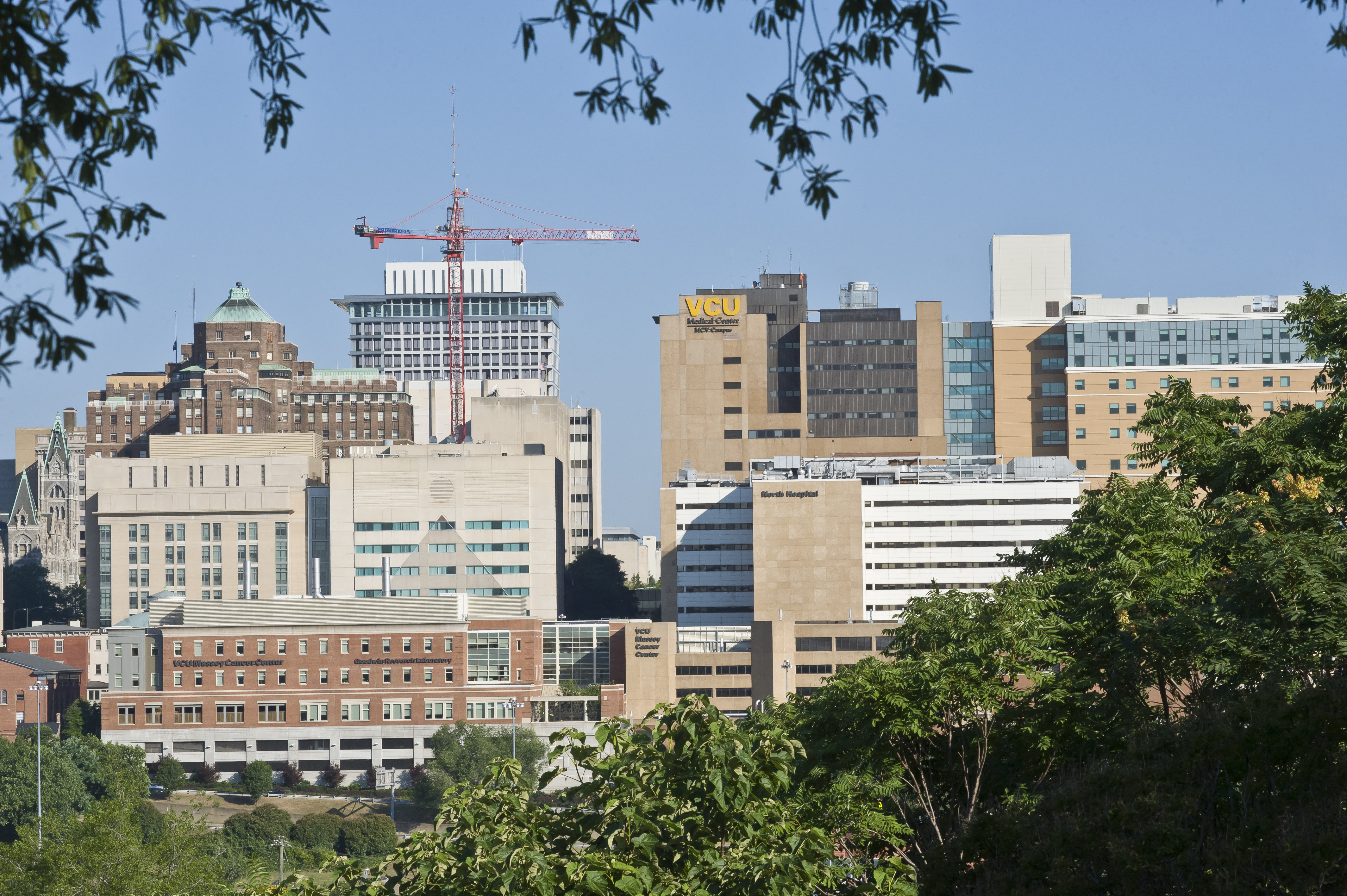
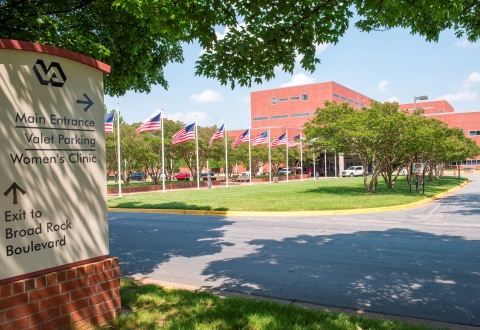
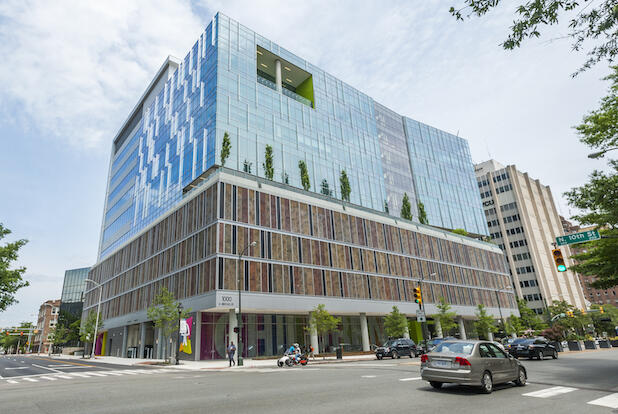
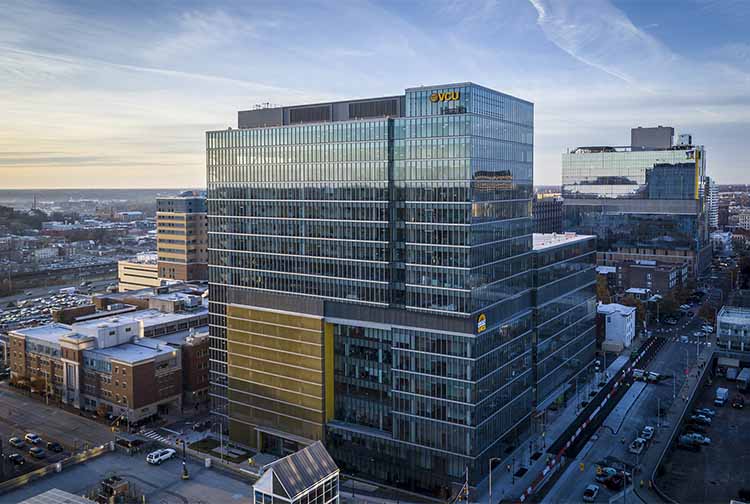
 Global Urologic Surgery Program
Global Urologic Surgery Program
